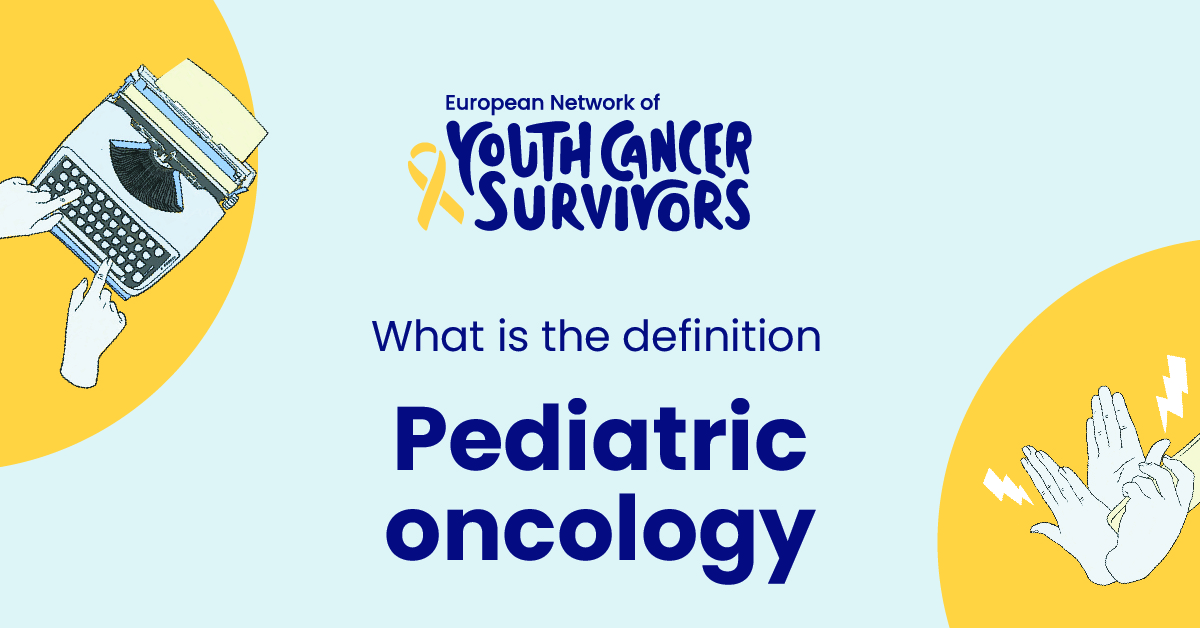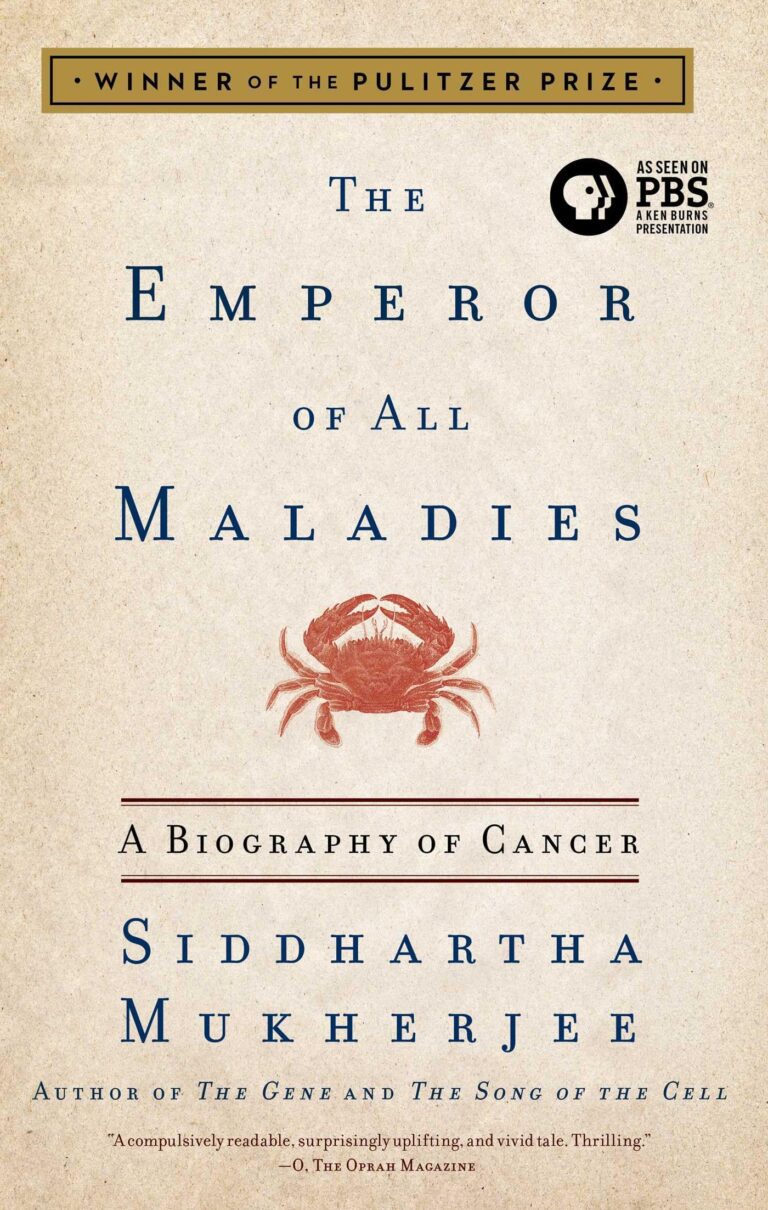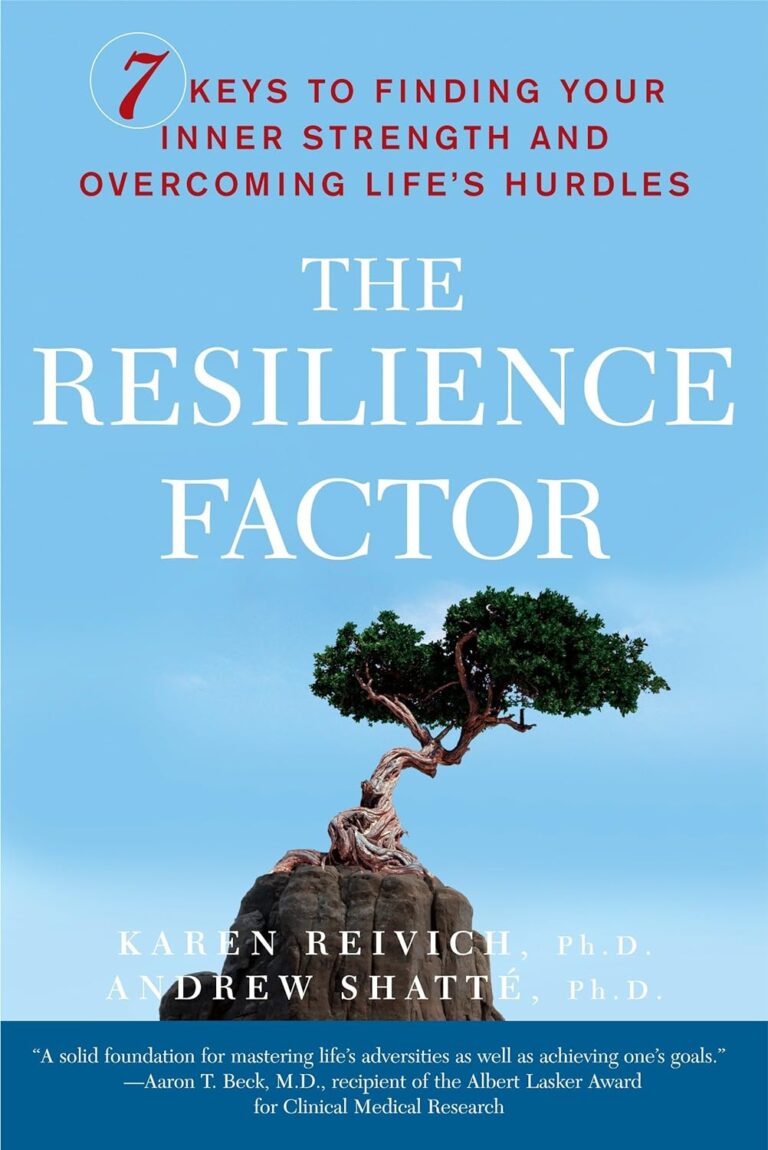
In the contemporary world of medical sciences, oncology has made significant strides. Understanding the intricacies of cancers and tumor formation in humans forms the bedrock of this intricate science. However, when this science intersects with pediatrics, treating cancer in children, it takes a new name and form—Pediatric Oncology.
This article provides a holistic view of Pediatric Oncology, its importance, its work, treatment options, the impact on children and families, and the future landscape of this field.
Brief Overview of Oncology
Oncology comprises the study and treatment of various types of cancers. This multidisciplinary science encompasses the prevention, diagnosis, and treatment of cancer. Specialities within oncology include Radiation Oncology, Surgical Oncology, and Medical Oncology.
The Specificity of Pediatric Oncology
Pediatric Oncology specifically focuses on the prognosis, diagnosis, management, and treatment of cancers afflicting children. This specialty calls for intensive attention to detail, extensive knowledge, and empathetic caregiving as it directly deals with the lives of children.
Understanding Pediatric Oncology: The Definition and its Importance
Definition of Pediatric Oncology
Pediatric oncology denotes a medical subspecialty that focuses on cancers and cancer-related disorders affecting children. These include but are not limited to leukemia, brain tumors, osteosarcoma, and neuroblastoma. The physicians who work within this specialty are called pediatric oncologists.
Why Pediatric Oncology is a Unique Specialty
Pediatric Oncology demands a nuanced approach to treatment, owing largely to the differences in cancer types, progression and treatment responses between children and adults. The field also involves myriad challenges spanning emotional, psychological, and developmental aspects, making it a unique specialization requiring delicate handling and expertise.
The Role of a Pediatric Oncologist
The Work of a Pediatric Oncologist
Pediatric oncologists are committed to the comprehensive care of pediatric patients with cancer. Their work involves diagnosing cancer, providing treatment plans, overseeing the child’s overall care, and coordinating with other medical specialists. This captivating yet equally challenging role involves constant monitoring and making critical, often life-changing decisions.
Vital Skills of a Pediatric Oncologist
Besides medical skills, a pediatric oncologist needs to possess essential soft skills. They need to have excellent communication skills to discuss complicated issues with both children and their families. Empathy, patience, and problem-solving skills are other crucial attributes that are more a necessity than an option.
Common Types of Cancers in Children
Leukemia
Leukemia, primarily Acute Lymphoblastic Leukemia (ALL) and Acute Myeloid Leukemia (AML), is the most common type of cancer in children. Dealing with abnormal blood cells, it requires a combination of treatments including chemotherapy, radiation therapy, and stem cell transplantation.
Brain and Neurological Cancers
Brain and central nervous system tumors, such as brain stem gliomas and pineoblastomas, rank second in common childhood cancers which often call for surgery, chemotherapy, and radiation therapy.
Wilms Tumor
Wilms Tumor, a kind of kidney cancer usually affecting children aged between 3 and 4, involves treatment options including surgery, radiation, and chemotherapy.
Neuroblastoma
Neuroblastoma originates in the adrenal glands and typically strikes infants and young children. Treatments can range from surgery, chemotherapy, radiation therapy, immunotherapy to stem cell transplantation.
Treatment Options and Approaches in Pediatric Oncology
Chemotherapy
Chemotherapy is one of the common treatment modalities in pediatric oncology, which uses drugs to kill cancer cells or slow their growth. The specific drugs, duration, and intensity vary depending on the type of cancer and how advanced it is.
Radiation Therapy
Radiation therapy uses high-energy rays to kill cancer cells. While it can be effective, the age and developmental stage of the child require careful consideration to minimize long-term side effects.
Immunotherapy
Immunotherapy enhances the child’s immune system to fight cancer. This can involve the use of substances that boost immune function, or genetically modifying the patient’s own immune cells to make them more effective against cancer.
Stem Cell Transplant
Stem cell transplant can replace cancerous bone marrow with healthy functional ones. It is often used in cases where high-dose chemotherapy or radiation therapy has destroyed the child’s bone marrow.
Get to know us better
If you are reading this, you are in the right place – we do not care who you are and what you do, press the button and follow discussions live

The Impact of Pediatric Cancer on Children and Families
Emotional Implications
The impact of cancer on young children and their families stretches beyond physical health, delving into emotional and psychological territory. Fear, anxiety, and stress are common emotional reactions, along with possible long-term effects on the child’s development and psychological well-being.
Strategies for Coping and Support
Support from a network of healthcare professionals, including social workers, psychologists, and support groups, is paramount in managing these challenges. Regular communication, education about the illness, and therapeutic activities can reduce stress and empower families to cope better.
The Future of Pediatric Oncology
Current Research and Advancement
Research advancements are leading to improved outcomes in pediatric oncology. Genomic research, in particular, is shedding light on why certain tumors resist treatment, potential targeted treatments, and individualized medicine.
The Role of Gene Therapy in Pediatric Oncology
Gene therapy holds immense promise for treating pediatric cancers. By manipulating the genetic material within cells, doctors can novelly approach treating inherited predispositions to certain types of cancer. Though in its nascent stages, it unfolds new paradigm of treatment and possible cure.
Conclusion
Pediatric oncology is a veritable beacon of hope in the fight against childhood cancer. Despite the many challenges, persistent efforts from physicians, researchers, and healthcare professionals are facilitating improved outlooks and survival rates for children with cancer. The future indeed looks promising, courtesy of advancements in research and treatment modalities. Pediatric oncology stands tall, embodying the essence of relentless human endeavor in the face of adversity.
FAQs:
- What is pediatric oncology, and why is it necessary in the field of medicine?
Pediatric oncology is the field of medicine that specializes in the diagnosis and treatment of cancer in children. It is necessary because children’s cancers are often different from those seen in adults and require specialized treatment approaches.
- What are the most common types of cancers in children, and how are they typically treated?
The most common types of cancers in children are leukemia, brain and neurological cancers, Wilms tumor, and neuroblastoma. These are typically treated with a combination of chemotherapy, radiation therapy, immunotherapy, and stem cell transplant.
- Who is responsible for diagnosing, treating, and managing children with cancer, and what is their role?
A pediatric oncologist diagnoses, treats, and manages children with cancer. They provide comprehensive care, devise treatment plans, and coordinate with other medical specialists.
- How does pediatric cancer impact both the child and their family, and what are some of the associated concerns?
Pediatric cancer has a significant emotional impact on both the child and their family, invoking feelings of fear, anxiety, and stress. The burden isn’t just economical or medical but also poses developmental and psychological concerns for the child.
- What promising advancements in research have been made in the field of pediatric oncology, and how is gene therapy playing a role in treatment?
The current state of research in pediatric oncology is promising, with research advancements leading to improved treatment outcomes. Gene therapy, in particular, has emerged as an exciting new frontier in the treatment of pediatric cancers.

















Comments
Thank you. Comment sent for approval.
Something is wrong, try again later